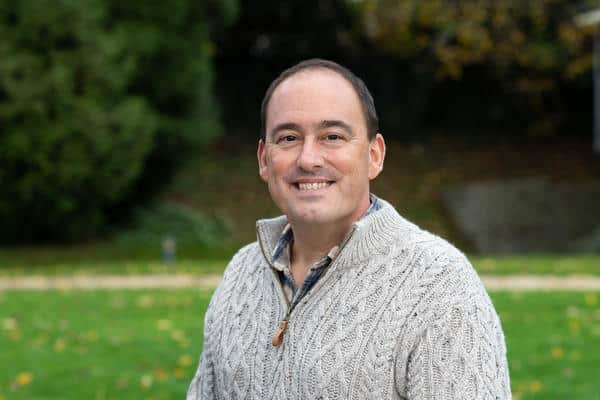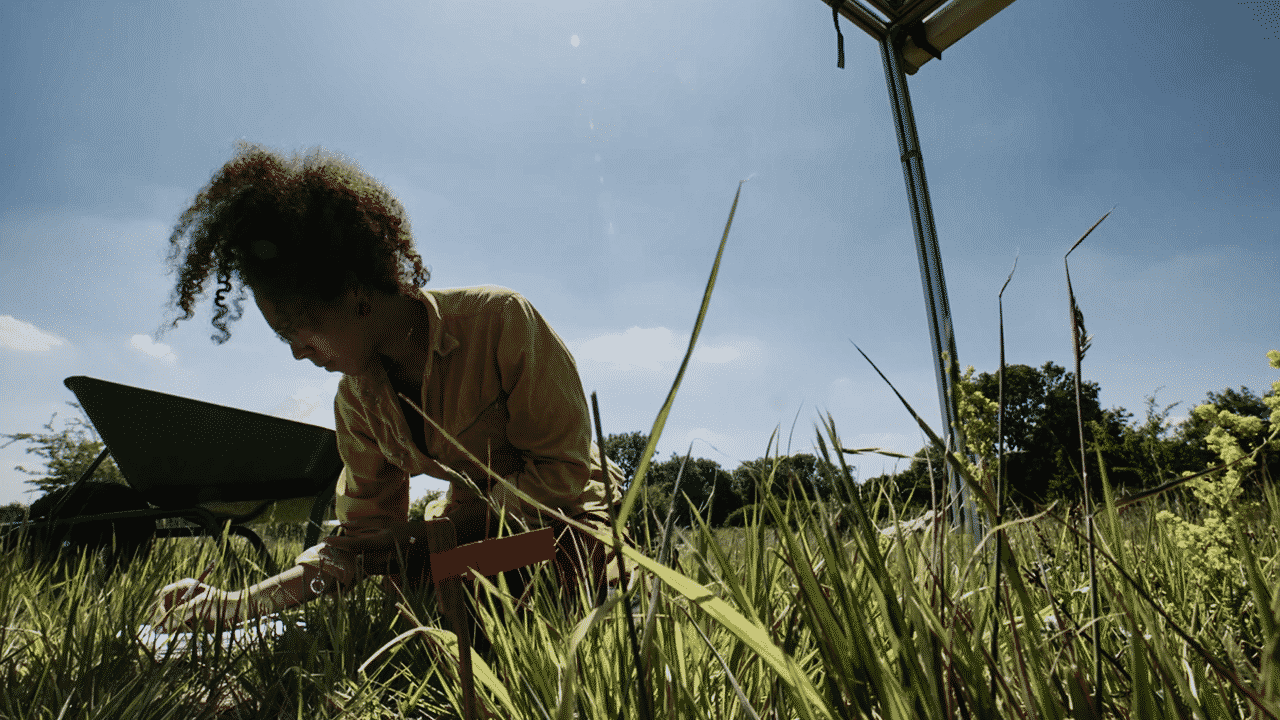Science is everywhere...
start here
Media

Tim Coulson
Evolutionary Ecologist
Tim Coulson carried out his PhD at Imperial College, London, before conducting post-docs at the Institute of Zoology, London,…
New
Most Popular

Can we build an eco-friendly aeroplane?
Remember those days when it was possible to climb aboard a plane and jet off around the world? Well,…
New
Most Popular

The RainDrop Experiment
How can we predict the future of grassland ecosystems? What’s it like to be an ecologist working in the…
New
Most Popular
